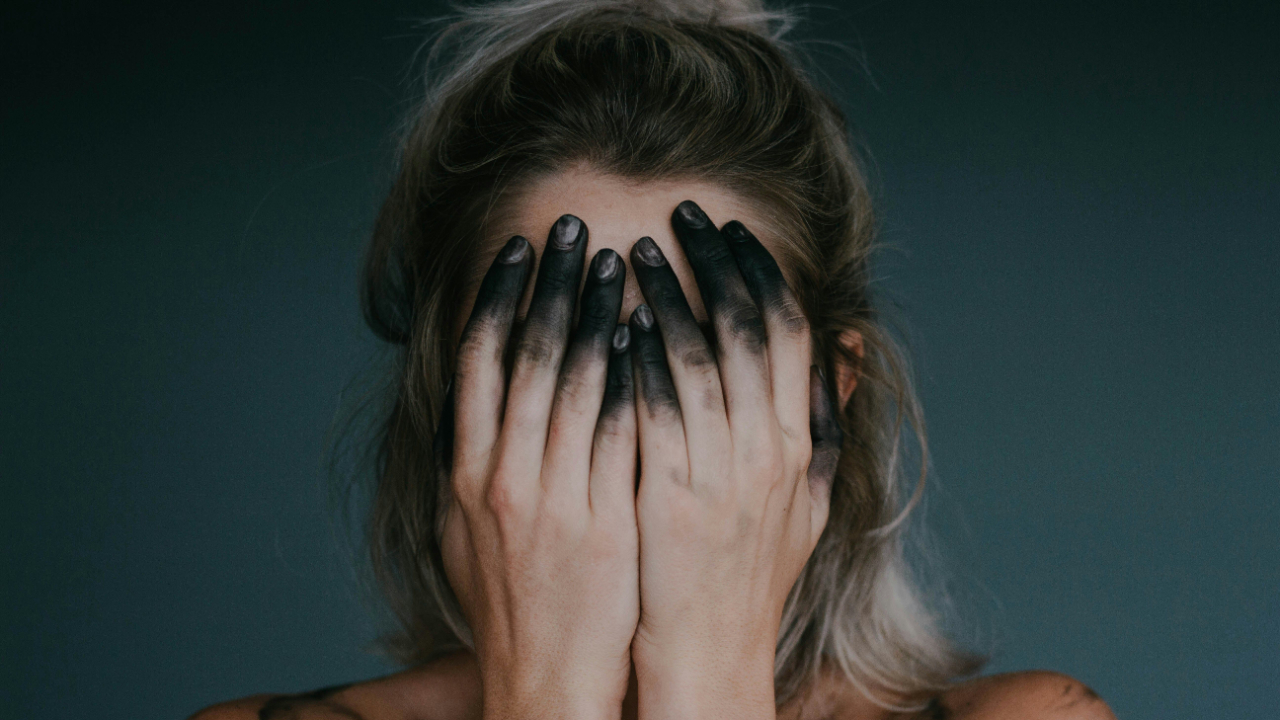Understanding Guilt, and The Power it Has:
Jun 05, 2025
Understanding Where Guilt Comes From and How to Let It Go
Guilt is a powerful and often confusing emotion. It can sneak up on us during our daily lives—after saying no to a friend, taking a day off work, or simply putting ourselves of family first. Many times, we don’t even know why we feel guilty. But left unchecked, guilt can quietly drain our energy, joy, and confidence.
So how can we better understand where our guilt comes from—and more importantly—what to do about it?
Why Do We Feel Guilt?
Guilt typically arises when we believe we’ve done something wrong or failed to live up to our own standards—or the standards others have set for us. It can come from:
- Actual mistakes or wrongdoings (true guilt)
- Unrealistic expectations we place on ourselves, or others have placed on us
- Old messages or beliefs we’ve carried from childhood, culture, or past experiences
- Pressure to please others, even at the expense of our own well-being
Some guilt is helpful—it can guide us to make amends or grow as a person. But a lot of what we feel is false guilt: an emotional weight we carry without clear cause or justification.
Common Triggers of Guilt
Understanding what sparks guilt can help us stop it before it spirals. Here are some of the most common guilt triggers:
- Saying no – Turning someone down, even for healthy reasons, often makes us feel selfish or uncaring.
- Putting yourself first – Prioritizing your mental health, rest, or time can feel wrong if you’ve been raised to always put others first.
- Success or happiness – Feeling guilty when things go well for you while others around you are struggling is known as survivor’s guilt.
- Past mistakes – Even if you’ve changed and grown, guilt can linger when you haven’t fully forgiven yourself.
- Unspoken expectations – Guilt can arise when we believe we’re letting others down, even if those expectations were never clearly stated.
- Cultural or religious beliefs – Deeply rooted messages from upbringing or traditions can create guilt tied to behavior, lifestyle, or choices.
Recognizing these triggers helps us better understand why we’re feeling what we’re feeling—and begin to respond more thoughtfully.
Questions to Ask When You Feel Guilty
If you're feeling guilty but aren’t sure why, here are some practical questions to help you uncover what’s going on:
- What exactly am I feeling guilty about?
Be specific. Are you feeling bad about what you did—or how someone else responded to it? - Did I actually do something wrong—or do I just feel like I did?
Was there harm done? Or is this based on someone else’s disappointment or expectations? - Whose standards am I trying to meet?
Are they yours? Or did you inherit them from family, religion, culture, or society? - Would I expect someone else to feel guilty in this situation?
This can help you gain objectivity. We often hold ourselves to higher standards than we would anyone else. - Is this guilt prompting me to take positive action—or just making me feel stuck?
True guilt leads to healthy correction. False guilt leads to shame, over-apology, and avoidance.
How to Work Through Guilt and Move Forward
Once you've identified where your guilt is coming from, here are some practical steps to take:
- Name it, don’t shame it
Just recognizing and saying, “I feel guilty about ___” can reduce its power and help you process it. - Separate fact from feeling
Ask yourself: “Is this guilt based in truth or just old beliefs or fears?” Remind yourself that feelings aren’t always facts. - Make amends if needed
If your guilt is from a real mistake, take responsibility, apologize sincerely, and take a step to make it right. Then let it go. - Give yourself permission
If you’ve done nothing wrong, remind yourself that it's okay to take care of your needs and set boundaries. - Challenge unrealistic expectations
You’re not supposed to be perfect. You’re human. Learn to replace guilt with grace.
Final Thoughts
Guilt doesn’t have to run your life. By learning to identify where it’s coming from—whether it's a call to grow or an old wound replaying—you can start to live with more freedom and peace. Remember: True conviction leads to change. False guilt only leads to chains.
Let your guilt become a guide, not a judge.
